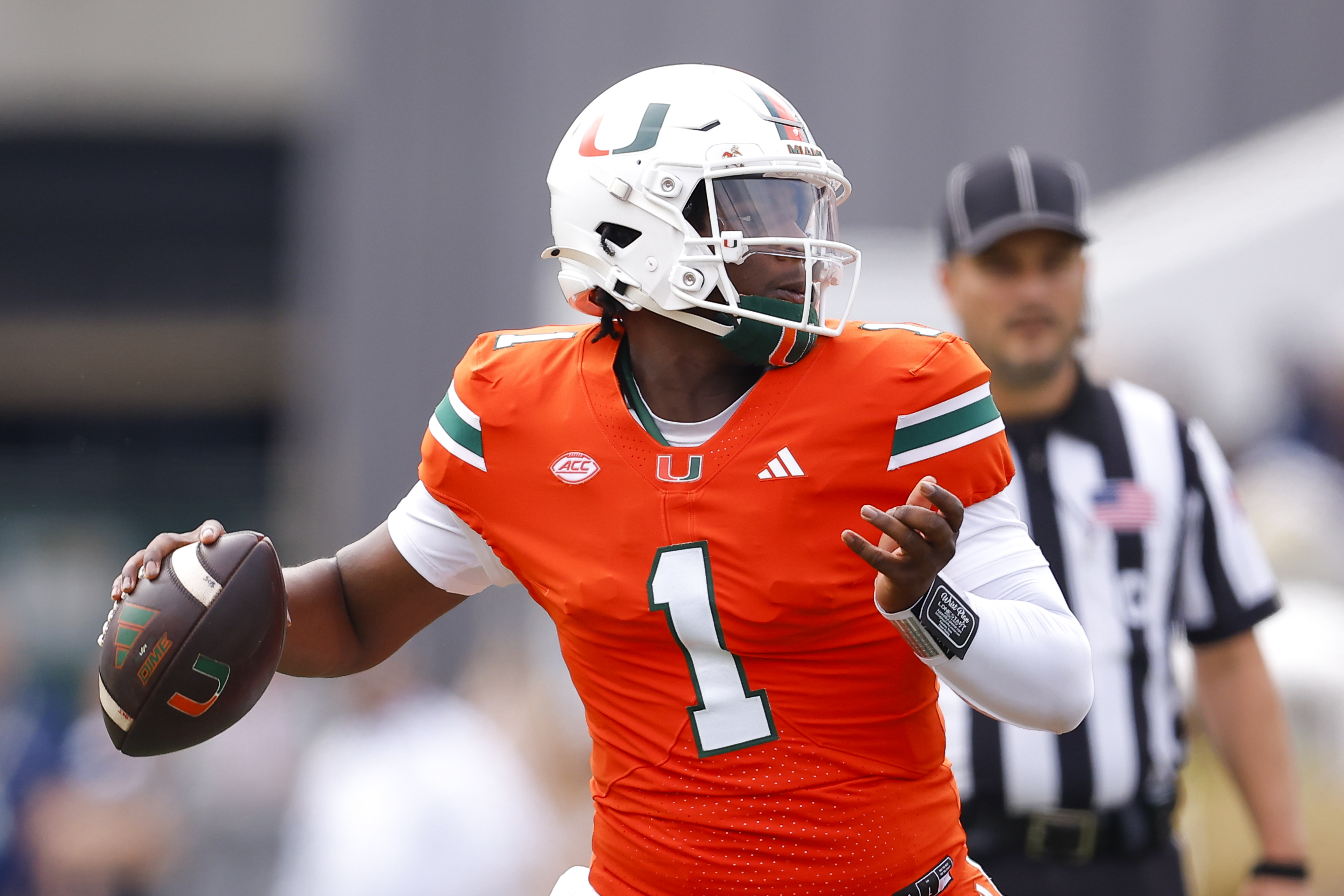President-elect Donald Trump's decisive victory over Kamala Harris in Florida during the 2024 election has further solidified the former swing state into one that is more Republican than ever.
Trump defeated the vice president by 13 points, vastly improving his margins of victory from 3.4 points in 2020 and 1.2 points in 2016. Florida Senator Rick Scott, who won reelection in 2018 by just 0.2 points, also dominated his 2024 race against Debbie Mucarsel-Powell, beating the Democratic candidate by nearly 13 points.
The president-elect's 13-point margin in Florida was the largest for a presidential candidate in 36 years, with his 56 percent vote share being the sixth highest for the GOP in its history. However, in the five election years with a higher Republican vote share—1988 (60 percent), 1984 (65 percent), 1972 (71 percent), 1956 (57 percent), and 1928 (56 percent)—the Sunshine State had at least one Democratic senator or governor in office.
The tally of 6.1 million votes for Trump in Florida this election is also the most by any presidential candidate in U.S. history. With Governor Ron DeSantis enjoying a resounding 19-point reelection victory in 2022 and Marco Rubio holding the second Senate seat in Florida—though he may vacate it if he is to become secretary of state, as reports indicate—one of the largest and most significant states in the country looks set to be dominated by the GOP and its policies for the foreseeable future.
"Republicans have effectively had unified control of Florida for 25 years now, and I can't imagine it becoming competitive for Democrats again for a long, long time," Sean Freeder, an assistant professor of political science at the University of North Florida, told Newsweek.
Newsweek has contacted the Florida GOP and the Florida Democratic Party for comment via email.

Florida was once the most vital battleground states in the country, as seen in the 2000 election between then Republican Texas Governor George W. Bush and Democratic Vice President Al Gore, which came down to just over 500 votes in the state.
Bush retained Florida by 5 points in 2004 before it was flipped and held by Barack Obama in the 2008 and 2012 presidential races by nearly 3 points and 1 point, respectively.
Prior to November 5, some Democratic figures had suggested Florida could surprisingly be in play for the party in both the general and statewide elections in 2024, despite the Sunshine State leaning more Republican in recent years (and the GOP having an almost 5-percentage-point advantage over Democrats in terms of voter registrations in September).
Freeder said the change in voting patterns can be attributed to long-term trends, such as older Americans who tend to vote Republican moving to Florida, as well as more recent shifts of Latinos and Cuban-Americans moving toward the Republican Party. The latter have historically leaned toward the GOP since the wave of migrations in the 1960s that followed the Cuban Revolution.
"Miami-Dade County, which Hillary Clinton won by about 30 percentage points in 2016, flipped by 11 percent to Trump in 2024," Freeder said. "That's just an astounding shift, much of which can be attributed to Cuban voters, but also to the clearly superior ground game of state Republicans relative to state Democrats."
A Washington Post 2024 exit poll in Florida showed Trump with a 18-point lead over Harris among Hispanic and Latino voters (58 percent to 40 percent). In 2020, Joe Biden beat the Republican among this demographic, winning 53 percent to 46 percent.
Speaking to Fox Business on November 9, Senator Scott also cited strong Latino and Puerto Rican support as one og the reasons for his double-digit election win.
"Florida is the center of the Republican Party today, and Washington can learn a lot from what Florida has done," Scott said.
After Harris conceded the election to Trump, Florida Democratic Party Chair Nikki Fried said: "Our fight is not over."
"While the results of this election are not what we hoped for, the last thing Florida Democrats are going to do is give up," Fried said.
"Over the next four years, Florida Democrats will continue to organize, mobilize, and hold Republicans accountable, because our job is bigger than one election. Our fight to defend freedom and democracy in Florida is our sacred responsibility and the only way we can claw back political power in the Sunshine State is to stay in the fight—the people of our state depend on it."
It remains to be seen whether Floridians will espouse typically conservative values as the state votes Republican.
Among the six state constitutional amendments on the ballot on November 5, one was to legalize recreational marijuana for adults and the other would have protected abortion rights up to about the 24th week of pregnancy.
Despite the marijuana (55.9 percent) and abortion (57.2 percent) amendments receiving majority support from Florida residents, both failed to reach the 60 percent threshold needed to pass.
"That a majority of voters supported marijuana legalization and abortion rights protections signals that the state has not become arch-conservative on at least a policy level, but the 60 percent threshold for passing constitutional amendments will continue to make it hard for those voices to be heard," Freeder told Newsweek.
In a statement, Florida GOP Chairman Evan Power described the defeat of both the "dangerous and deceptive" amendments as a "badge of honor for all who worked tirelessly to secure their rejection."


















:quality(85):upscale()/2024/04/24/878/n/3019466/36c5693c662965c5d1ce91.72473705_.jpg)

 English (US) ·
English (US) ·